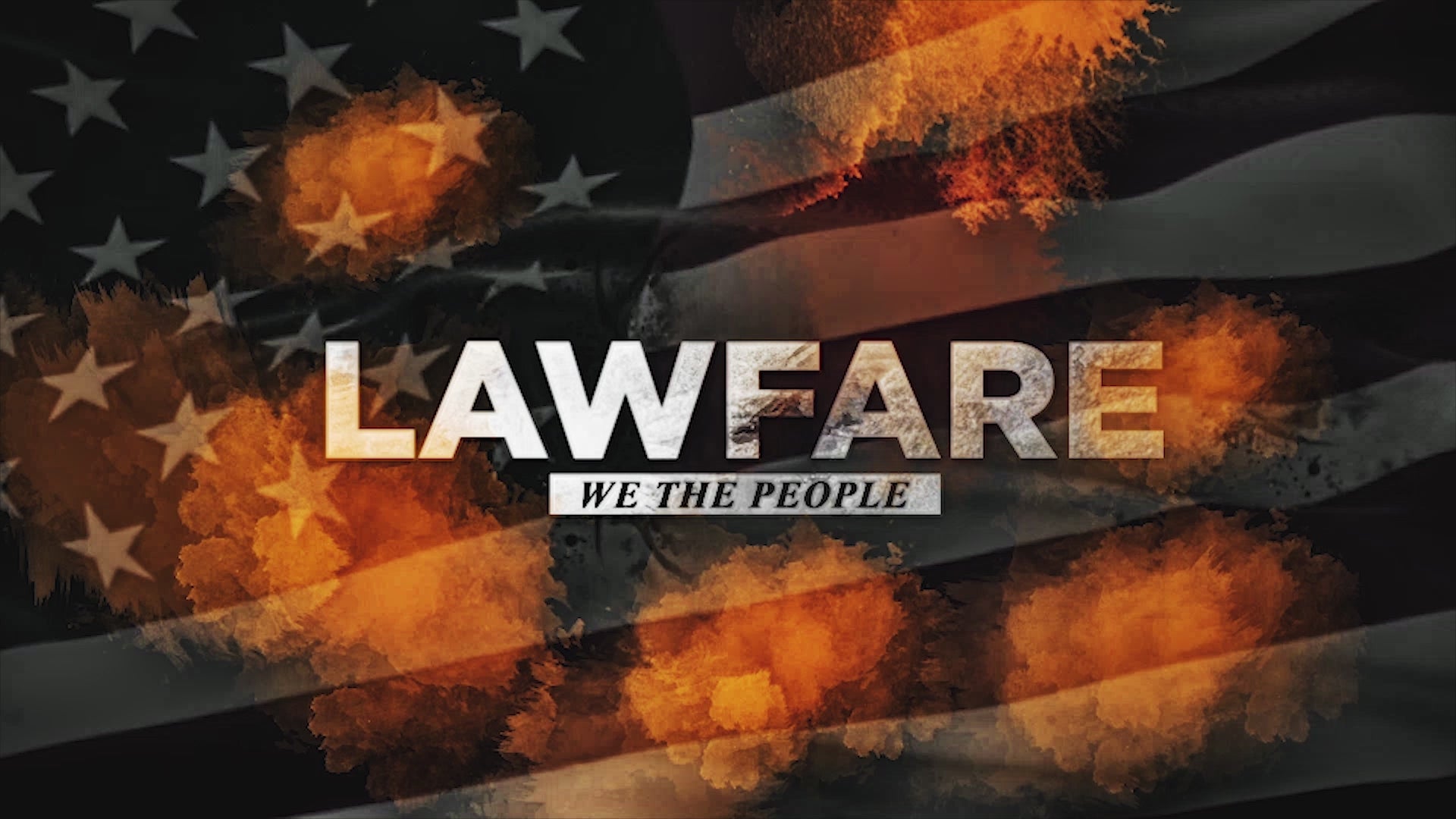In the swirling vortex of online conspiracy theories, few stories have ignited the MAGA right like the saga of Alexis Wilkins, the 27-year-old country singer and girlfriend of FBI Director Kash Patel. Since Patel’s confirmation in February 2025, Wilkins—once a rising conservative voice with PragerU ties—has been thrust into the spotlight, not for her music or activism, but as the target of vicious rumors painting her as a Mossad “honeypot” agent, seducing the director to suppress explosive files like those on Jeffrey Epstein.
Now, with three defamation lawsuits filed in her name totaling $15 million in sought damages, critics accuse Patel of weaponizing his vast resources—legal teams, investigative muscle, and perhaps even quasi-governmental influence—to silence dissent. But is this a chilling assault on free speech, or a justified pushback against unchecked misinformation? As the cases unfold, the line between personal vendetta and public protection blurs.
The rumors erupted in earnest this summer, fueled by frustration over the FBI’s July 2025 closure of the Epstein probe, which declared no foul play in his death and withheld further files—a move that enraged deep-state skeptics who long viewed Patel as their avenging angel. Pre-office, Patel was a firebrand: railing against the “deep state” as “government gangsters” in his 2022 book Government Gangsters, vowing to expose Epstein’s elite enablers, and positioning himself as Trump’s bulldog against institutional rot.
Yet, insiders whisper of a post-confirmation pivot—Patel’s reluctance to declassify Epstein docs, coupled with the FBI’s autonomy limits under Attorney General Pam Bondi, suggests coercion from higher powers. Enter Wilkins: Their relationship, public since January 2023, became the perfect scapegoat. Conspiracy threads on X exploded, linking her PragerU work (led by ex-Israeli army CEO Marissa Streit) to Mossad ties, despite Wilkins being an Armenian-American Christian who’s never set foot in Israel. Posts speculated she was a 19-year age-gap “asset” honeytrapping Patel to bury scandals, with one viral claim: “Why is a 24-yr devout Christian hooking up with a Hindu Indian old enough to be her dad at a Christian Nationalist conference? Weird.”
The misinformation tsunami peaked in August, when former FBI agent Kyle Seraphin, a self-styled whistleblower turned podcaster, explicitly labeled Wilkins a “former Mossad agent” in a Rumble episode, implying her romance was a “honeypot” to compromise Patel and shield Israeli interests in the Epstein cover-up.
Seraphin, who met Patel at a 2023 conservative event, framed it as clickbait outrage to boost his show—yet it drew 50,000 views overnight. Wilkins fired back swiftly, filing a $5 million defamation suit in Texas federal court on August 29, accusing him of “malicious lies” that tanked her career and invited death threats. “This isn’t satire; it’s fabricated to profit off my pain,” her complaint reads, demanding retractions and damages.
Patel’s fingerprints are all over the response. While Wilkins fronts the suits, sources claim his network—bolstered by a reported $10 million war chest from Trump allies and his nonprofit, the Kash Patel Foundation—funds the high-powered legal team from firms like Clare Locke, known for torching online trolls. Patel himself waded in on X in early November, blasting “baseless rumors from uninformed internet anarchists” and calling Wilkins “a true patriot” amid backlash over his use of an FBI jet to watch her sing at a Penn State wrestling event.
Critics like podcaster Joe Oltmann decry it as “leftist tactics from the supposed right,” arguing Patel’s resources give the suits an intimidating edge, potentially crossing into “lawfare” if FBI databases or personnel aided discovery. Even Candace Owens piled on, tweeting to 1.3 million followers: “Kash Patel has to step down.”
The suits escalated in October and November. On October 28, Wilkins targeted Elijah Schaffer, a far-right podcaster with 200,000 X followers, in Florida federal court. Schaffer’s sin? A “wordless” September 14 retweet of a Mossad “seductress” thread, paired with a photo of Wilkins and Patel at a gala—implying, her lawyers argue, she was the honeypot. Schaffer fired back in a 14-minute video rant: “This is delusional paranoia… an attack on free speech by Patel’s inner circle,” insisting his posts critiqued Israel broadly, not Wilkins specifically.
5 Days later, on November 5, she sued Sam Parker—a failed 2018 Utah Senate hopeful turned X provocateur with 170,000 followers—in Utah, alleging his threads questioning her “meteoric rise” and Epstein file delays defamed her as a foreign operative. Parker, known for feuds with Charlie Kirk and Nick Fuentes, has stayed mum, but his posts like “Her presumed Israeli status is why the Epstein files haven’t dropped” form the backbone of the $5 million claim.
Legally, this isn’t a free speech apocalypse—yet. Defamation suits are civil, not criminal, so no prosecutions loom. But as public figures (Wilkins via her activism and Patel’s perch), plaintiffs face the “actual malice” hurdle from New York Times v. Sullivan (1964): proving defendants knew claims were false or recklessly ignored truth. Seraphin moved to dismiss in September, calling his words “rhetorical hyperbole” and satire, not facts—echoing defenses that tanked similar suits against Alex Jones.
Schaffer and Parker could win easily if courts view their posts as opinion, not assertion; implied defamation via retweets is a gray area, often shielded by Section 230. Still, Patel’s resources tilt the field: Endless discovery could bankrupt defendants, forcing settlements. If evidence emerges of FBI involvement—say, subpoena power from Patel’s office—the suits could violate ethics rules or even First Amendment norms, morphing “simple defamation” into state-sponsored intimidation.
Wilkins, for her part, has leaned into the fight. On Megyn Kelly’s SiriusXM show in July, she laughed off the “horrible accusation” of manipulating “the person I love,” emphasizing her devotion and ignorance of classified work. Supporters like Jaimee Michell of Gays Against Groomers hail the suits as a stand against “lies getting out of control,” arguing accountability deters doxxing and threats. Yet the irony stings: Patel, once the deep-state slayer, now shields its remnants, his girlfriend’s suits a firewall against the very exposures he hyped. Was it coercion, as whispers suggest—the FBI director’s power checked by Bondi and Trump? Or pragmatic protection in a role demanding discretion?
As dockets swell in Texas, Florida, and Utah, this isn’t just tabloid fodder; it’s a microcosm of America’s fractured info wars. Misinformation thrives unchecked online, but aggressive counters risk overreach. For Patel and Wilkins, victory might vindicate a patriot’s privacy; defeat could expose the director’s vulnerabilities, reigniting calls for Epstein transparency. Either way, the honeypot buzz won’t fade quietly—it’s the poison pill of public life in 2025.










Share:
Trump’s Dramatic Reversal: Why the President Suddenly Supports Releasing the Epstein Files
UN Security Council Endorses Trump’s 20-Point Gaza Peace Plan: A Historic Vote Amid Deep Skepticism